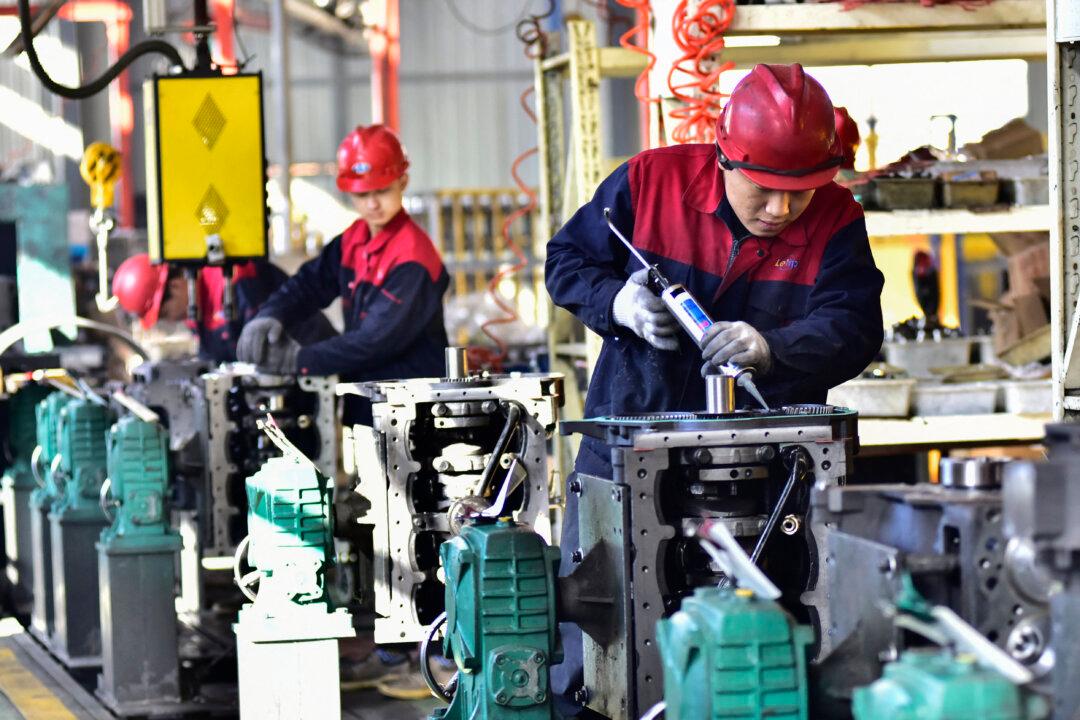Commentary
Chinese Communist Party (CCP) leader Xi Jinping knows that the outlook for the Chinese economy is grim, but he has no answers.

Chinese Communist Party (CCP) leader Xi Jinping knows that the outlook for the Chinese economy is grim, but he has no answers.